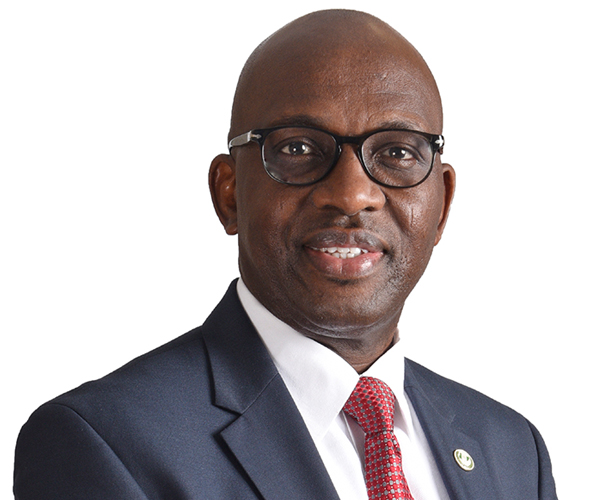20 October 2015, Lagos – The report of the Federal Government Investigative Panel on the death of Miss Juliana Oluchi Anekwe, a 300-level student of the University of Lagos, has indicted electricity distribution companies in the country on the recent alarming rate of electrical accidents and electrocutions nationwide.

Chairman of the Investigative Panel and Chief Electrical Inspector of the Federation, Mr. Peter Ewesor, who spoke on the issue at the weekend, accused the utility companies of negligence, use of substandard materials and poor response to inherent problems in their networks.
Ewesor, who is also the Chief Executive Officer of the Nigerian Electricity Management Services Agency (NEMSA), alleged that most of the electrical equipment in the country are substandard, stressing that “someone imported armoured cable at Ibadan in Oyo State to sell to the public as 50mm square conductor.”
According to him, the report of the panel showed that electrical accidents and electrocution have become a reoccurring incident in the Nigerian Electricity Supply Industry (NESI).
Ewesor cited the Unilag incident and the death of a 15-year-old pupil, Afusat Musa, in a mosque on Ishaga Road, Idi-Araba in Lagos as some of the incidences that made it imperative to sensitive the distribution companies and the public on the need for extra safety consciousness.
“Undoubtedly, the two promising young girls lost their lives on account of electrocution from bad networks and unprofessional practices in the industry. From records available, the electrocution occurred as a result of poor state of the distribution companies’ network and negligence on the part of the distribution company in charge of the areas, where the incidents occurred,” Ewesor explained.
Ewesor noted that “this spate of electrical accidents and electrocutions leading to unwarranted loss of lives and property as well as down time of the supply to consumers nationwide is unacceptable, condemnable and reproachable.”
He identified some of the inherent problems, which regularly lead to electrical accidents and electrocutions to include: allowing networks to pass dangerously over and in between buildings, structures and market places without safety clearances; and lack of regular monitoring and evaluation of networks for routine and preventive maintenance purposes by the distribution companies.
Others include: the use of substandard or adulterated materials like undersize and unstranded conductors, as well as untreated wooden poles like in the case of the incident at the University of Lagos.
Speaking on the case of the University of Lagos, Ewesor stated that the Onike 11KV feeder line that passes through the university is in a state of disrepair and also poorly maintained.
He also identified the use of substandard, adulterated, unstranded and undersized All Aluminium Conductor (AAC) numerous joints as one of the causes of the accidents.
Ewesor also cited as one of the causes of Unilag incident “unstranded conductor with continuous arcing at the open joints/kinks, which eventually melted, snapped and dropped directly on the late Miss Juliana Oluchi Anekwe at the instant she was at the spot,” and blamed the situation on “negligence on the part of Eko Disco as the arcing situation had existed overtime without being attended to.”
“The protection schemes and devices in the network were in a state of disrepair and thus failed to respond appropriately for prompt isolation of the line when it snapped and fell on the victim and to the ground,” he added.
Ewesor said in view of the increasing human traffic at the University of Lagos, his agency has directed that the overhead Onike 11KV Feeder line should no longer be used in its present status but should be re-routed underground to avoid future incidents.
“Discos should note that appropriate enforcement orders and possible sanctions will be meted out for non-compliance with the recommendations of all previous and future monitoring reports sent to them by NEMSA field electrical inspectors nationwide,” Ewesor added.
- This Day



